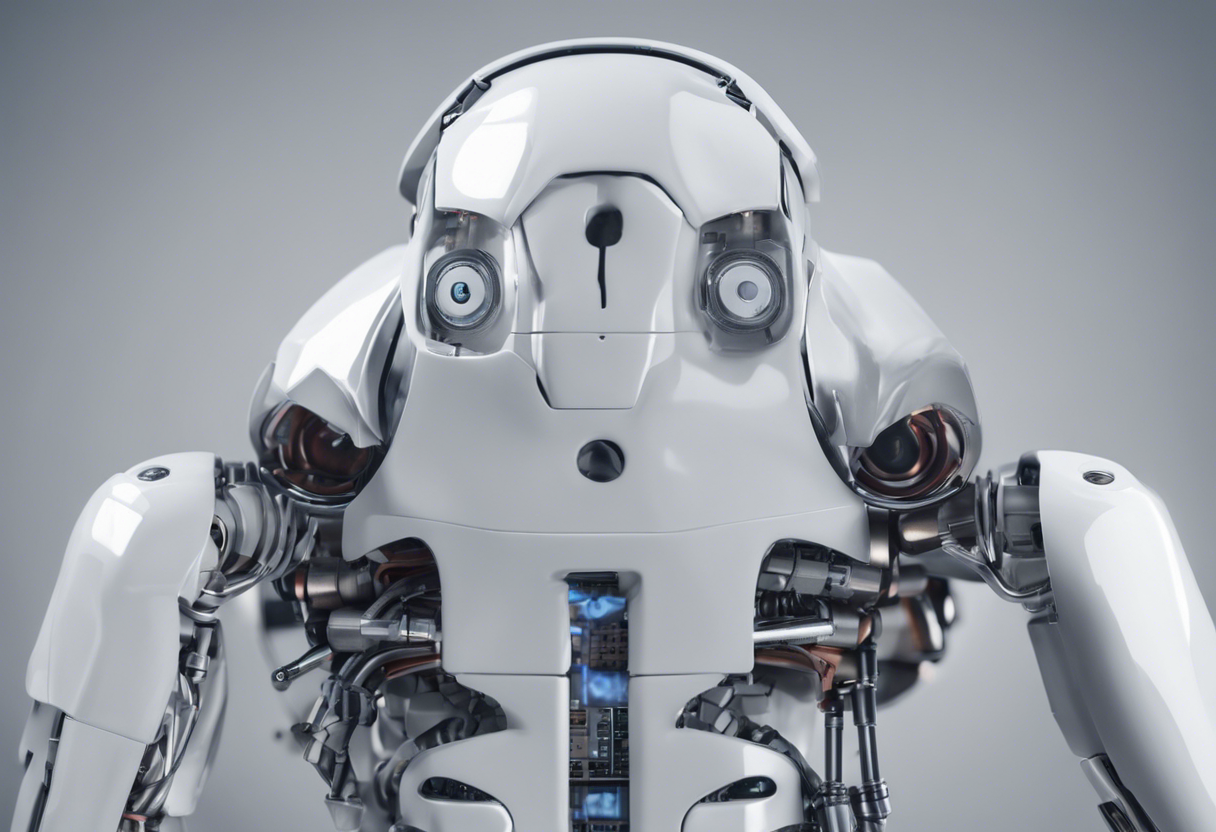
Artificial intelligence (AI) has become an integral part of our daily lives, but a growing concern looms over the ethical use of copyrighted material in training these sophisticated AI models. In a recent revelation, it was discovered that AI platforms, including the likes of ChatGPT, have been trained on a dataset of pirated books, sparking debates about the need for compensation to artists and the potential ramifications of such practices.
The dataset in question, named "Books3," contained an extensive collection of 190,000 titles, including works by renowned authors such as Stephen King, Margaret Atwood, and several Australian writers, including Geraldine Brooks and Tim Winton. Notably, Professor Toby Walsh, an AI expert and chief scientist at UNSW's AI institute, found one of his own books within this contentious dataset.
While some AI training sources are publicly known, many datasets remain closely guarded secrets. The lack of transparency in disclosing the materials used for training has raised ethical questions about the appropriation of copyrighted content without proper authorization. This issue gained prominence in August when it was revealed that Books3 was used to train Meta's LLaMA, a version of Bloomberg's AI, and other generative AI programs.
The controversy surrounding Books3 has led to class-action lawsuits over copyright infringement, with artists and authors seeking damages for the unauthorized use of their works in perpetuity. The legal battles, however, raise a crucial question: Can AI models be 'untrained,' or is it already too late to rectify the situation?
Analogous to a vast and chaotic library, the accumulated knowledge in AI models encompasses a myriad of sources, including books, articles, webpages, and more. Generative AI acts as a librarian, accessing information to respond to user queries based on learned patterns. The challenge emerges when copyrighted works are incorporated without the creators' consent, prompting legal actions against major players in generative AI, such as Meta, OpenAI, and Microsoft.
The legal landscape is evolving, with lawsuits questioning whether AI companies should be allowed to train models on copyrighted material. A recent judgment in a lawsuit against Meta hinted at an uphill battle for authors seeking redress for copyright infringement. The crux of the matter revolves around the concept of "fair use," emphasizing the need to use copyrighted material for specific purposes.
However, experts, including Professor Toby Walsh, express concerns about the adequacy of current copyright laws in addressing the complexities of generative AI. The legal system's pace, significantly lagging behind AI development, poses challenges in achieving timely resolutions.
As the legal battles unfold, the question arises: Can AI models be realigned to exclude copyrighted material? The process of "alignment," involving human feedback to refine AI outputs, could potentially prevent the regurgitation of copyrighted works. Authors might request their works not be used or reproduced by AI tools, leading to a retraining of models to respect such requests.
Yet, challenges persist. The internet's vastness makes complete removal of copyrighted material impossible, and users may seek specific prompts to extract desired outputs from AI models. The debate over compensating creators also intensifies, with AI companies presenting arguments against payment, citing the insignificance of individual works within training sets and the potential hindrance to the tools' usefulness.
In conclusion, the ethical quandaries surrounding AI models trained on copyrighted material demand thoughtful consideration. The genie is out of the bottle, and navigating a path that respects copyright holders while fostering AI innovation is crucial for a harmonious coexistence between Big Tech and the creative industry. The challenge remains: How can we find a balance that ensures fair compensation for creators and encourages responsible AI development?